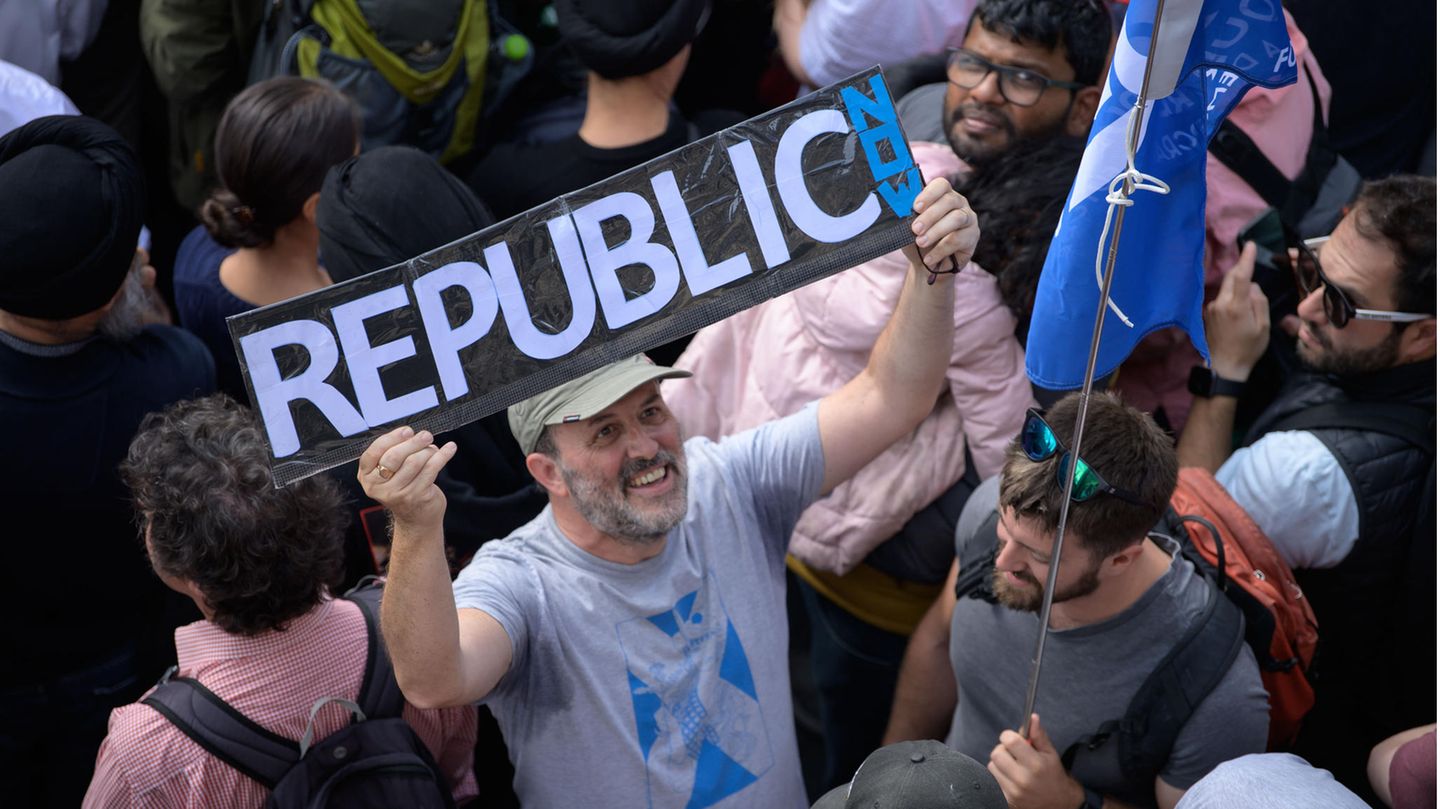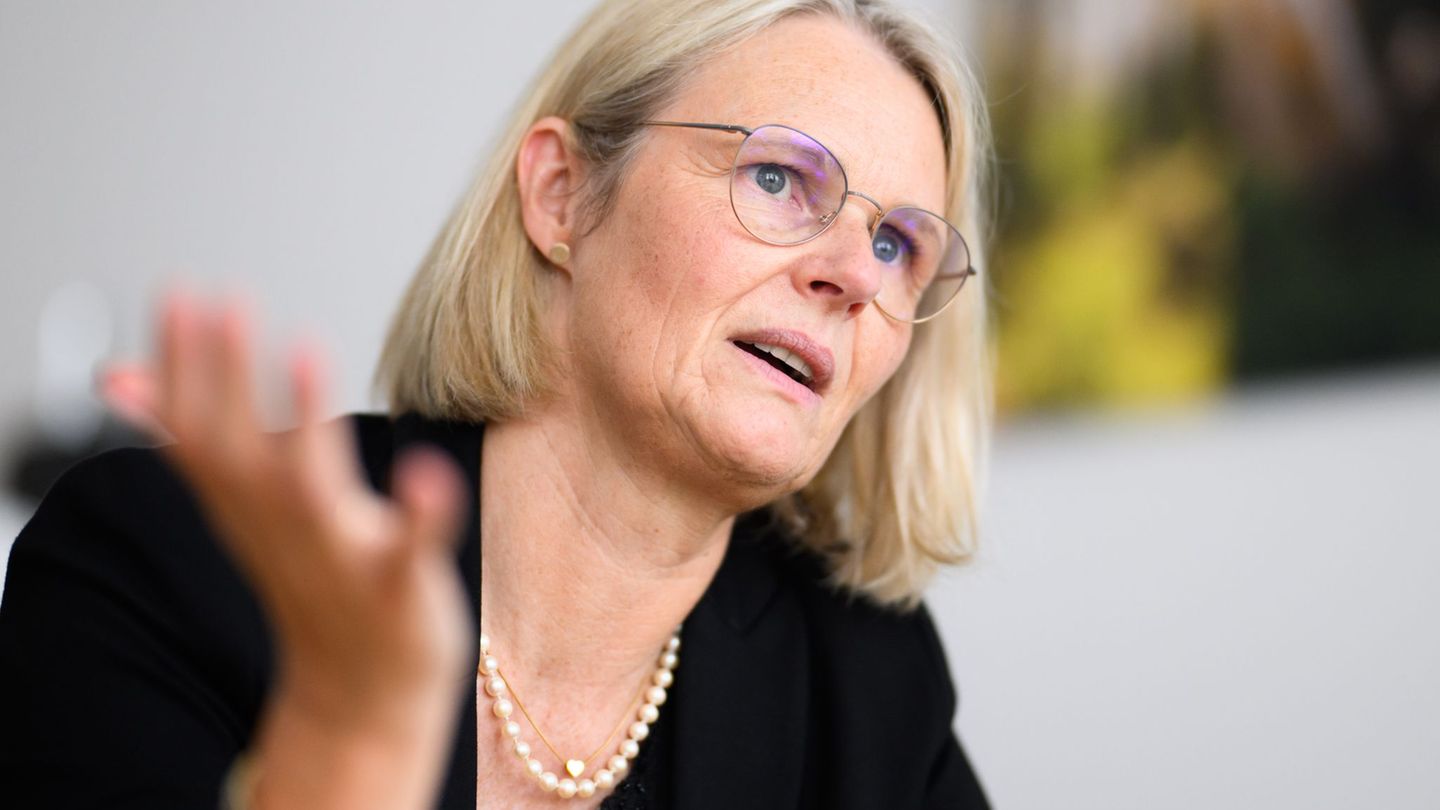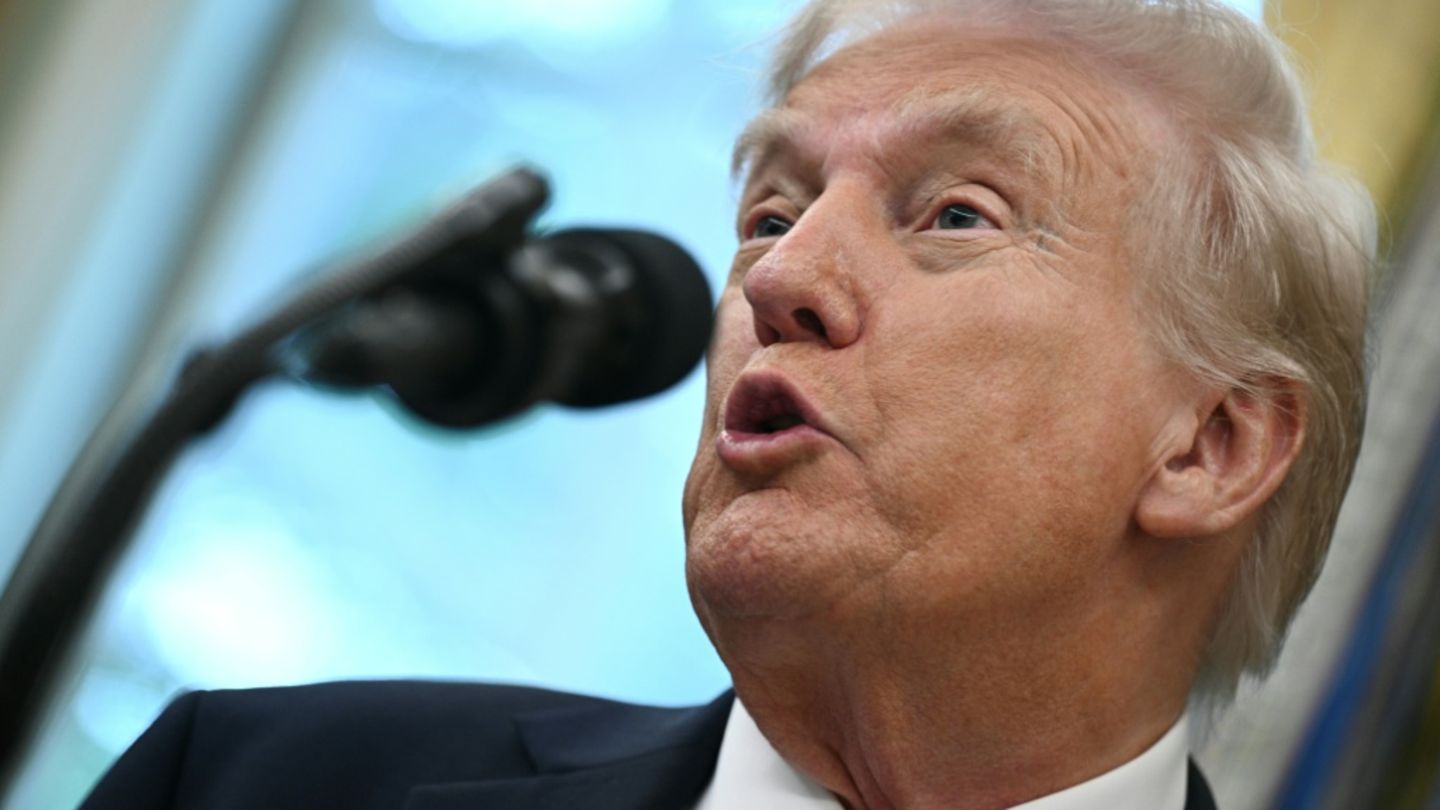Charles III is now king – and thus also head of state of the former British colonies of Australia, Canada and New Zealand. They are now considering breaking away from the monarchy.
It is almost 17,000 kilometers as the crow flies from Buckingham Palace in London to the national parliament in Canberra, Australia. A tremendous distance. Nonetheless, the new King Charles III, based at Buckingham Palace, is Australia’s head of state. After the death of Queen Elizabeth II last Thursday, he automatically succeeded his mother to the throne – two days later he was ceremoniously crowned King Charles III in London. called out.
A day after the proclamation ceremonies in the British capital, Charles III. also officially named the new head of state Down Under. The statement was made by Governor General David Hurley at a ceremony in Parliament in the capital, Canberra.
Hurley described Australia as an “unfinished product” which is now entering a new era. “Most Australians did not know a world without Queen Elizabeth II, her death is the end of an era.” In her capacity as Queen of Australia, British Queens or Kings are represented in the Commonwealth country by the Governor-General.
Republican voices in Australia are growing
Of the 54 states in the Commonwealth, only 15 have the monarch as head of state – and this number could shrink: Some people and politicians in some Commonwealth countries see the death of the Queen as a turning point that should be used to transform the country into a republic .
The majority of Australians actually voted against a republic in a referendum in 1999. However, the death of Elizabeth II changed things, says the Australian Republic Movement. A second referendum could be held and a republic could become a republic within two years, according to the Australian broadcaster SBS.
“A phenomenal number of people have told me over the years, ‘I am absolutely with you, but not until the Queen dies’. And I expect there is now a surge of interest, membership and donations will,” said the movement’s leader, Peter FitzSimons. “With the utmost respect to Charles III – and I mean that; I have nothing against him personally – he does not enjoy the same deep well of affection and loyalty as Her Majesty,” he added.
The Australian Republic Movement is not alone in its demands. The Real Republic Australia movement wants to publish a discussion paper in the “coming months” in which the details of a referendum are to be proposed, the report continues.
PM: Not time for referendum yet
Australia’s Green Party leader Adam Bandt used a message of condolence to reiterate his calls for a republic. “Rest In Peace Queen Elizabeth II. Our thoughts are with her family and all who loved her,” he tweeted. But: “Now Australia has to move forward. We need a treaty with the indigenous people and we have to become a republic.”
But someone in Australia is putting on the brakes: Out of respect for Queen Elizabeth II, Australian Prime Minister Anthony Albanese is not planning a referendum on the abolition of the monarchy for the time being. Now is the time to pay tribute to the late Queen and not to pursue “issues about our constitution,” Albanese told British TV broadcaster on Sunday.
Albanese had repeatedly hinted at plans to make Australia a republic. Every Australian must have the opportunity to become head of state, he had said.
No republic referendum in New Zealand for the time being either
Australia isn’t the only Commonwealth country flirting with changing its constitution. Immediately after the Queen’s death, the head of government of Antigua and Barbuda announced a referendum on separation from the British royal family within three years. Already on November 30, 2021, the island state of Barbados became a republic – after around under the British crown.
New Zealand has also reached the debate about the abolition of the monarchy. The Māori party Te Pāti Māori and the country’s Green Party say talks are already underway and have reiterated their calls for constitutional amendments. Prime Minister Jacinda Ardern said at a press conference that she believes the country will probably still be in her lifetimewould break with the monarchy.
In 2017 she said in one that “it’s time to talk about a republic”. But over the years she has softened her tone: “The question of a republic for New Zealand is not on my agenda or on the agenda of this government,” Ardern told reporters again on Tuesday.
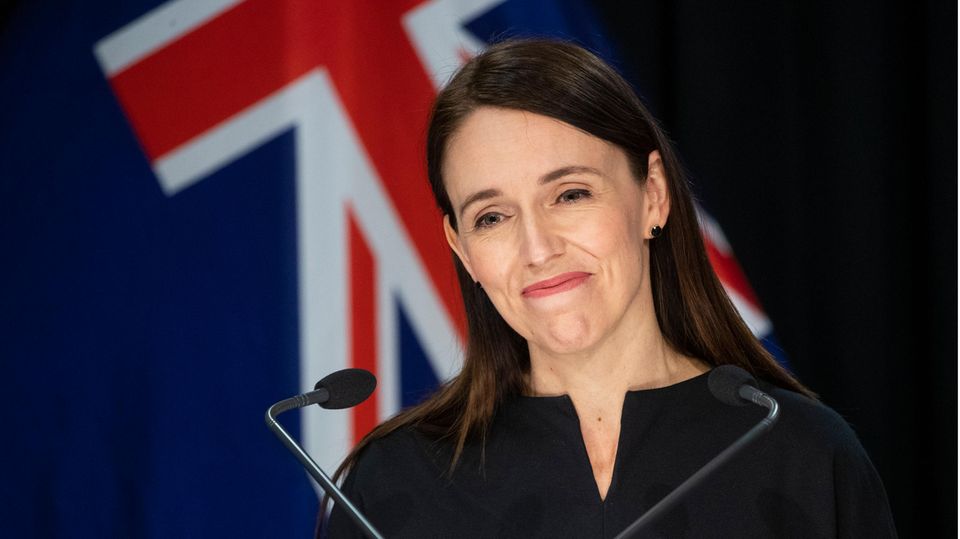
The leader of the opposition conservative National Party, Christopher Luxon, told the newspaper last year that he was a Republican. However, a few days after the Queen’s death, he admitted that the appetite for change was currently low. “I think at some point in my life there’s going to be a conversation in New Zealand… and people are ready for that conversation. I just feel like it’s not now,”quotes him from . The reality, Luxon said, is that people are now happy with the constitutional rules — as is he.
Canada: Quebec does not have strong ties to the monarchy
The question of the republic is also being discussed on the other side of the Atlantic, in Canada. The newspaper writes that calls for an end to the monarchy are growing louder, especially in the province of Quebec, which has a strong French influence.
In the days following the Queen’s death, Prime Minister Francois Legault was faced with questions about whether the province should now do away with the position of Lieutenant Governor, as well as criticism from the Parti Quebecois for lowering the Quebec flag at half-mast in honor of the Queen late queen. The Parti Quebecois strives for the independence of Quebec.
The majority of people in Quebec view the monarchy negatively for historical reasons and their support for democracy, Gerard Bouchard, a historian and sociologist with the Université du Québec à Chicoutimi, told the National Post. “In Quebec, this appears to be a remnant of a colonialist era that we thought was gone,” he said in an interview. “In Quebec, the majority of people would say, ‘We don’t know why this is going on in Canada, and we don’t know why this was imposed on us in Quebec.'”
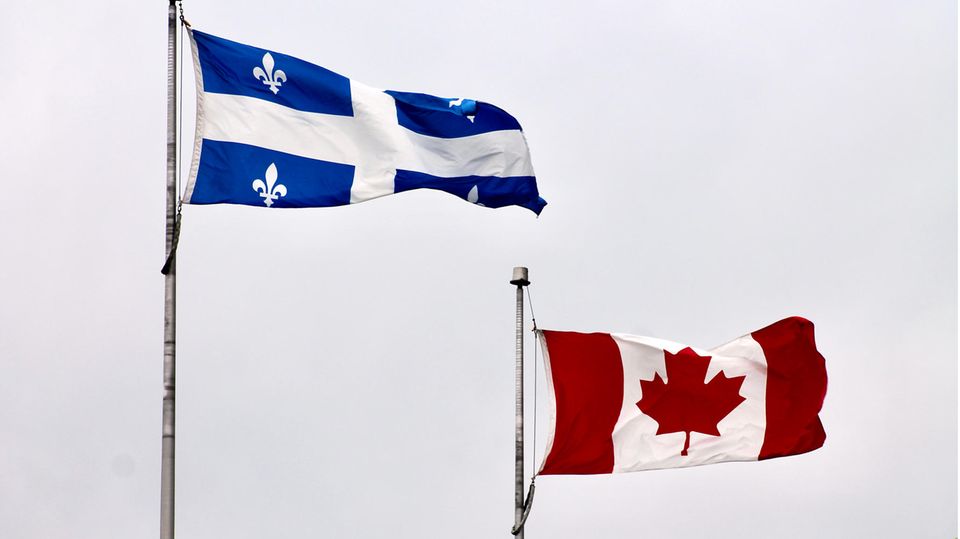
According to Bouchard, the monarchy is a reminder of the British conquest of New France and British colonial rule over French-speaking Canada. The idea of the head of state being a European monarch also goes against Quebecers’ ideas about democracy, he said.
Majority of Canadians want to get away from monarchy – but that could be difficult
But rejection of the monarchy is not only so great in Quebec, but among Canadians in general. A survey of the Canadian found that just over half (52%) of respondents think Canada should not remain a constitutional monarchy indefinitely, while a quarter (25%) said it should should.
Benoit Pelletier, a professor of constitutional law at the University of Ottawa and a former cabinet minister in Quebec’s liberal government, told the National Post that support for the monarchy is also falling in English-speaking Canada. “I think there will be a debate about the future of the constitutional monarchy in the coming months,” he said. He also expects that there will be a referendum on this issue.
However, there are those who say it is impossible for Canada to abolish the monarchy. “I think it would be very difficult,” Allan Hutchinson, a legal theorist and law professor at York University, told TV. “Any change to the regulations surrounding the crown would require unanimity from all provinces and the federal government. The chances of that happening are not good.”
Constitutional law expert David Schneiderman also said it would be “virtually impossible” to get unanimous approval on the issue today, he told CTV. “You would need to have an overwhelming consensus in Canadian public opinion that would justify prime ministers passing resolutions in their parliaments calling for the abolition of the monarchy. I don’t see that happening any time soon.”
Sources: News agency DPA, “New Zealand Herald”, “National Post”, , , SBS, Angus Reid Institute, “New York Times”
Source: Stern
David William is a talented author who has made a name for himself in the world of writing. He is a professional author who writes on a wide range of topics, from general interest to opinion news. David is currently working as a writer at 24 hours worlds where he brings his unique perspective and in-depth research to his articles, making them both informative and engaging.

